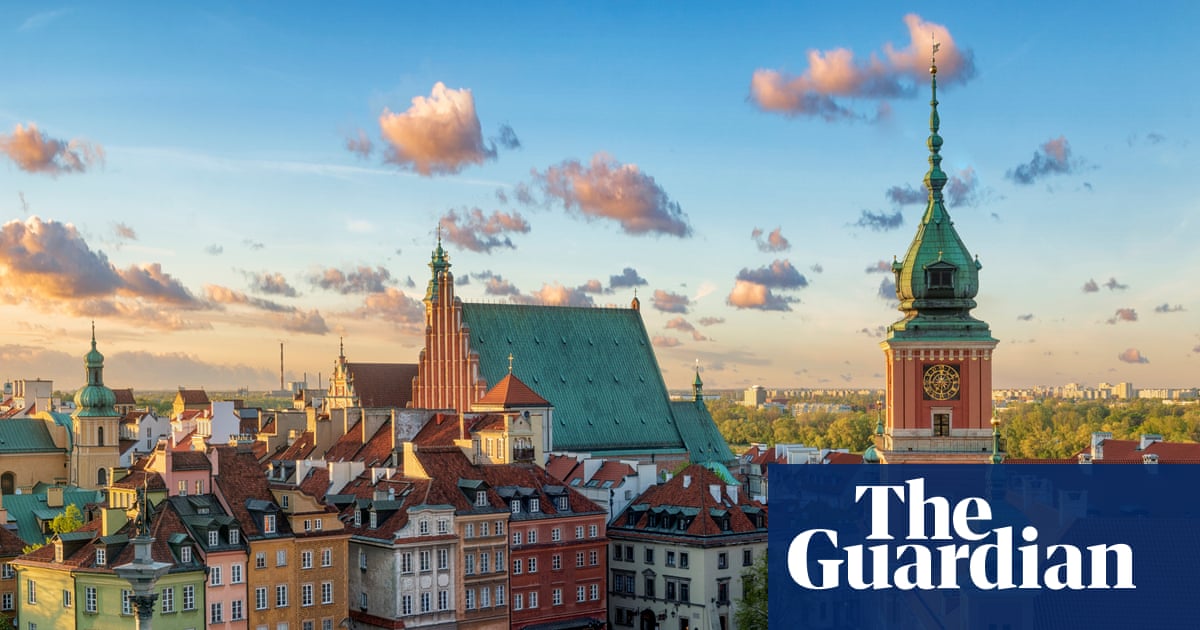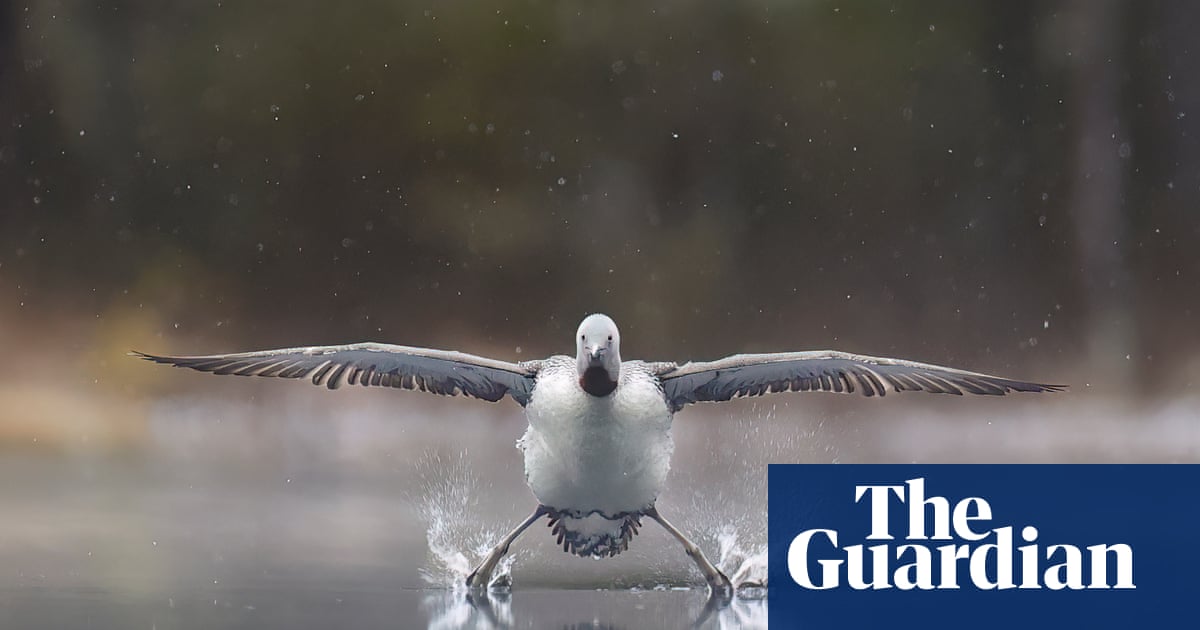A radical proposal to change the legal status of nature will be launched today in the House of Lords, with the unveiling of the UK nature’s rights bill initiative.
The private member’s bill aims to legally enshrine the idea that there can be no lasting economic progress or social justice without respect for the natural world, and to change the legal status of nature from objects, property and resources to a legal subject with inherent rights.
If it were to go into law, it would, explain the group behind the bill, establish a legal duty of care towards nature and create a governance structure of national and bioregional councils to implement, monitor and enforce the bill’s provisions, aimed at the promotion of sustainable and regenerative practices across all sectors of the economy and society. The initiative is supported by Chris Packham, Dale Vince and other prominent environmentalists and will be submitted by the former leader of the Green party, Baroness Natalie Bennett.
“We are looking for a seismic shift in law and policy making,” said Mumta Ito, the founder of Nature’s Rights, which has led the bill’s drafting process. “We need to encode a new consciousness in law, with laws that protect nature as the very basis of life.”
The initiative comes amid a global rise of nature rights campaigns, which are gaining traction amid frustration over humanity’s ultra-exploitative relationship with other species and growing concern about the shortcomings of the technology-and-markets approach to the climate crisis.
Chris Packham, the animal welfare campaigner, said the time was right for new thinking: “We’re in a biodiversity and climate emergency. The nature’s rights bill is a practical step that embeds nature into everyday decision-making so we prevent harm rather than clean up after it. Giving nature a voice in law is beyond overdue and urgently needed.”
Ecuador, Bolivia, Uganda, the US, Canada, Brazil, New Zealand, Mexico and Northern Ireland have some recognition of the rights of nature in their constitutions, national laws or local regulations. Court decisions in India and Colombia have recognised the rights of ecosystems or rivers. The UN is exploring the legal implications of rights of nature, which have been raised at international gatherings of the UN environment programme and the convention on biological diversity.
after newsletter promotion
In the UK, the movement has been largely regional until now. The Welsh parliament has led the way with its Well-being of Future Generations Act. In England, several councils, including Lewes, Basingstoke and Deane, and Test Valley have supported the rights of local rivers to flow freely and be free of pollution. The Scottish parliament has been petitioned for rivers, including the Clyde, to be granted legal personhood.
Natalie Bennett said: “Political change happens in big jumps. We have to model what the next jump will be. There is an increasing realisation that what we are doing now is not working. We need to unlearn a whole lot of 20th-century thinking, including that nature is something we can just manipulate and abuse.”
In the short term, the chances of success are tiny. Private members’ bills have to win a lottery to be debated. There are also strong political headwinds from the anti-environment, anti-regulation right wing.
But Jonathan Elmer, the Green party’s nature spokesperson, said the bill should be seen as part of a long-term strategy: “This is the very start of this process … We might not get it through parliament yet, but if we are not successful the first time, we will do it again,” he said. “We are going through a period of extreme political upheaval. Old allegiances are breaking down. It is chaotic, but we have to make sure there are hopeful examples out there to coalesce behind … This is a stalking horse. It is framed as rights of nature, but it is much bigger than that.”

.png) 4 hours ago
7
4 hours ago
7

















































